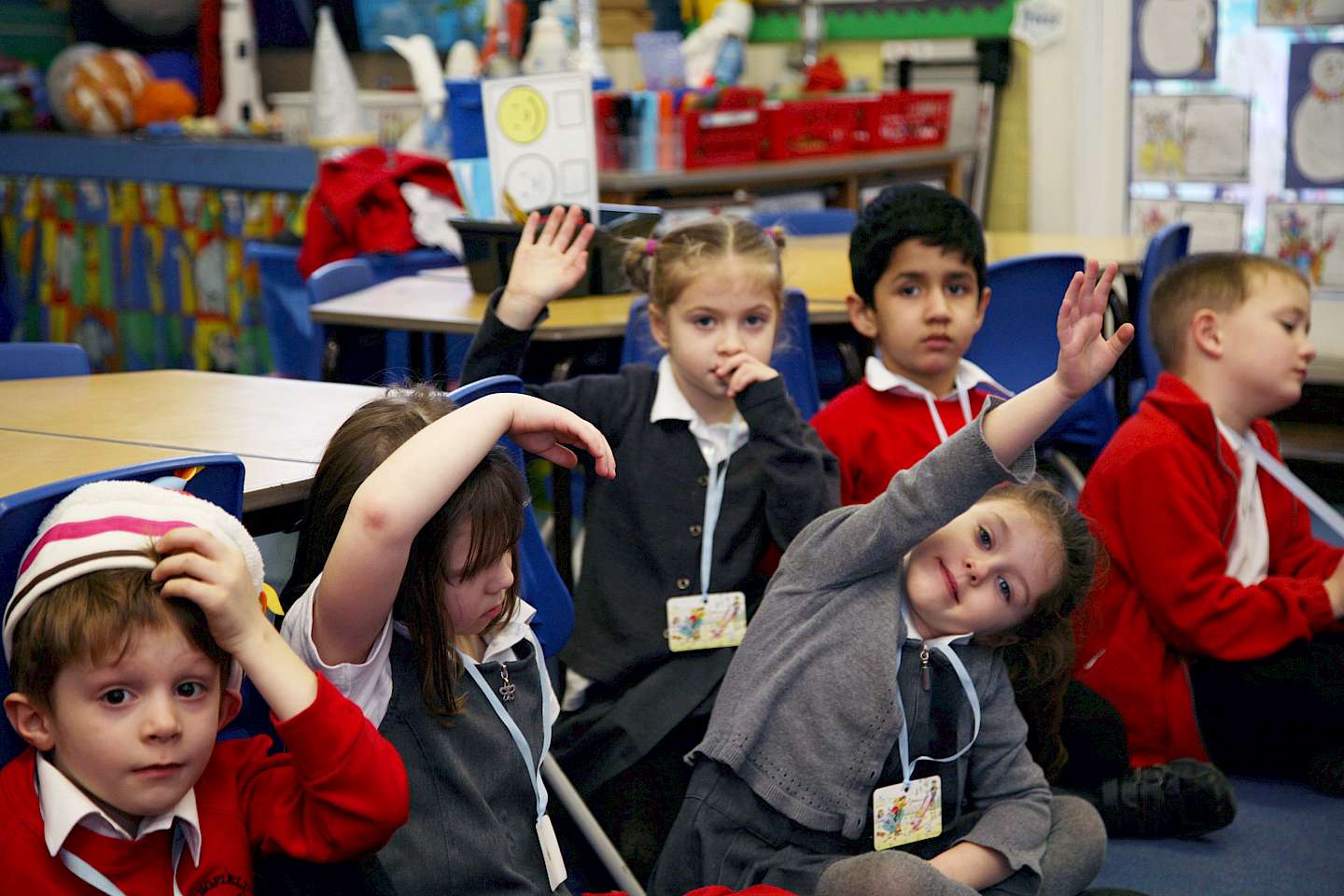Improving social and emotional learning in primary schools

The Education Endowment Foundation have released a new guidance document which focuses on how primary schools can evaluate & develop a curriculum which supports all children’s social & emotional skills.
The guidance uses a wealth of research analysis to produce 6 key recommendations which contribute to the development of an effective social & emotional curriculum.
Teaching Strategies
Recommendation 1: Teach SEL skills explicitly
Recommendation 2: Integrate & model SEL skills through everyday teaching
Curriculum:
Recommendation 3: Plan carefully for adopting a SEL programme
Recommendation 4: Use a SAFE curriculum: sequential, active, focused & explicit
Whole school:
Recommendation 5: Reinforce SEL skills through whole school ethos and activities
Implementation:
Recommendation 6: Plan, support & monitor SEL implementation
Partnership for Children’s Skills for Life programmes fit well with the recommendations.
Recommendation 1 outlines:
- Use a range of strategies to teach key skills, both in dedicated time, and in everyday teaching.
- Self-awareness: expand children’s emotional vocabulary and support them to express emotions.
- Self-regulation: teach children to use self-calming strategies and positive self-talk to help deal with intense emotions.
- Social awareness: use stories to discuss others’ emotions and perspectives.
- Relationship skills: role play good communication and listening skills.
- Responsible decision-making: teach and practise problem solving strategies.
All PfC programmes include a variety of teaching & learning strategies, ensuring that the programme is exciting & engaging for children. The story-based approach is a definite favourite with the children who come to love Zippy, Apple & Olya, Milo & Elly the dragon. It allows children to rehearse key SEL skills in a safe environment, and develop them in ways which are meaningful for them.
Recommendation 3 outlines:
- Use a planned series of lessons to teach skills in dedicated time.
- Adopting an evidence-based programme is likely to be a better bet than developing your own from scratch.
- Explore and prepare carefully before adopting a programme - review what is required to deliver it, and whether it is suitable for your needs and context.
- Use evidence summaries (such as those from EIF and EEF) as a quick way of assessing the evidence for programmes.
- Once underway, regularly review progress, and adapt with care.
All our programmes are planned sequentially; children’s learning is scaffolded to ensure that learning is secure before moving forward. Crucially, they are proven to be effective from rigorous independent research.
Recommendation 4 outlines:
- Ensure your curriculum builds skills sequentially across lessons and year groups.
- Start early and think long term.
- Balance teacher-led activities with active forms of learning, such as: role-play, discussion and small group work, to practise skills.
- Focus your time: quality matters more than quantity. Brief regular instruction appears more effective than infrequent long sessions.
- Be explicit: clearly identify the skills that are being taught and why they are important.
Many teachers say they really like the variety of different activities in Skills for Life programmes. There are whole class discussions, smaller group work, practical creative activities & reflective drawing & writing, all planned to be used flexibly with the class and there are further activities to support children who may need some additional support.
Throughout the programmes, it’s made clear what is being taught and why. As children’s vocabulary around SEL skills increases, this helps them express themselves more clearly and understand their new areas of learning.
So, Skills for Life programmes provide a sound basis for an SEL curriculum that can work for the whole school.
“I have found that through Zippy’s Friends my children don’t rely on me so much to tell them what to feel & what to do when things go a little wrong. I am so pleased that they are developing into little individuals; building up their own skills & ideas.” - UK Teacher